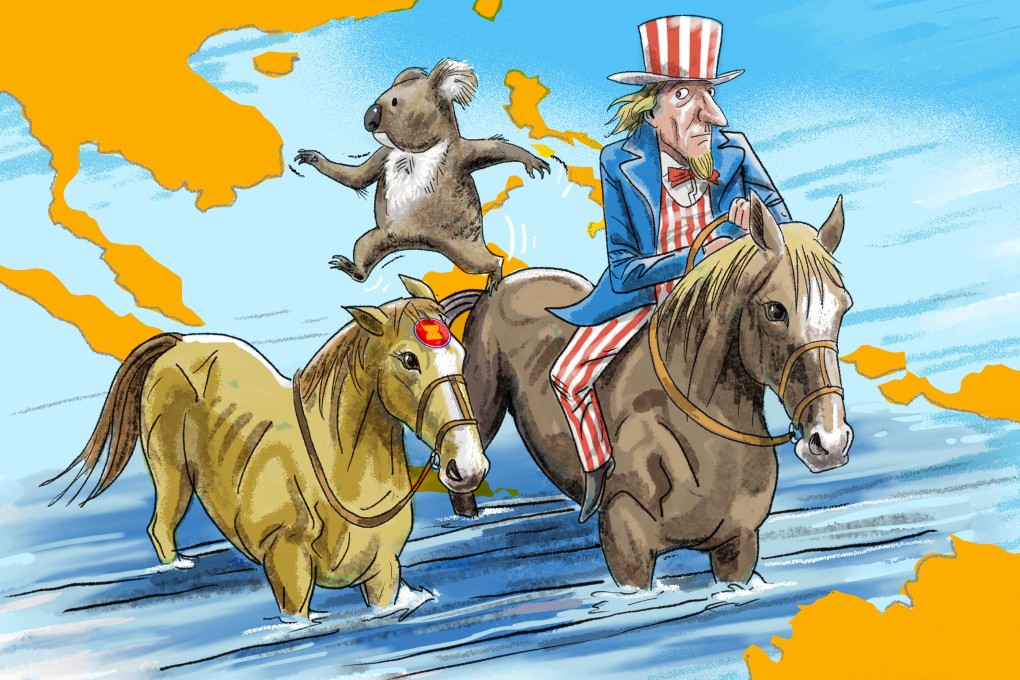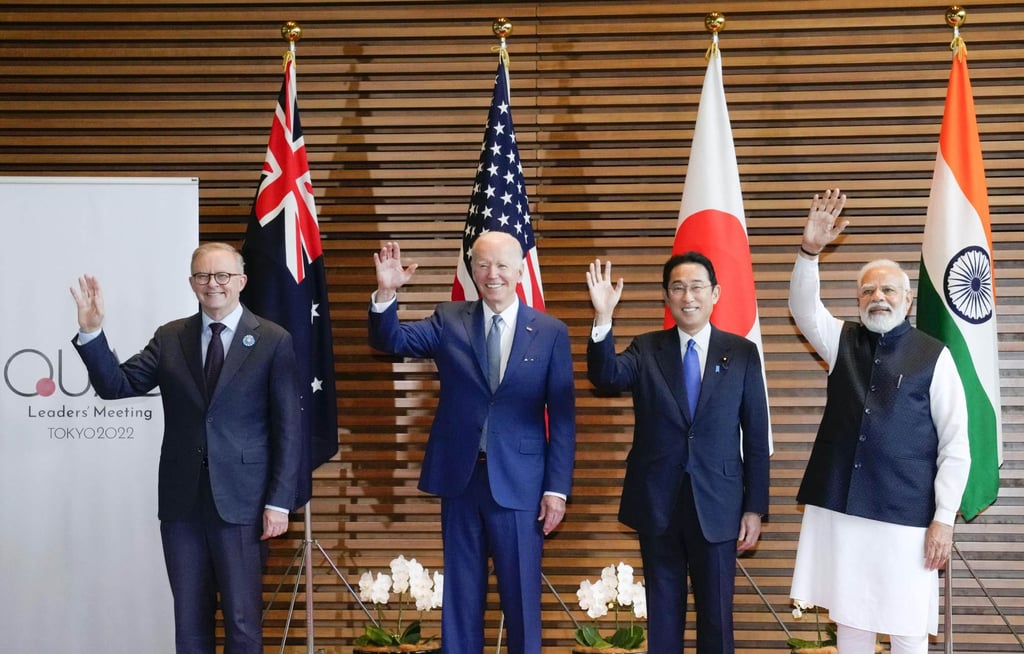Advertisement
Opinion | Does Australia’s support for Asean centrality mean it is finally breaking ranks with the US?
- Australia has long followed wherever the American ‘sheriff’ led in its policy towards Southeast Asia, but there are signs of a role reversal
- Canberra has vowed not to view its relations with Asean nations through a ‘China prism’, and the US may ultimately have to follow suit
Reading Time:4 minutes
Why you can trust SCMP
19

“You can trust the Americans to do the right thing – after they have tried all the wrong things” – attributed to Winston Churchill.
One could substitute “the Americans” with “the Australians” in Churchill’s aphorism. Australia has long followed America’s lead in its policy towards Southeast Asia and Asean. That policy has basically been to use them in its contest with China for regional domination.
Both Canberra and Washington have consistently voiced their support for Asean centrality, while their actions have undermined it. But now there is a glimmer of hope that at least Australian policy towards Southeast Asia may change for the better.
Advertisement
Despite their rhetoric, US and Australian strategic machinations have ignored Asean’s aspirations to centrality in regional security affairs.

Indeed, the US-led revival of the Quad – a strategic “dialogue” that sponsors cooperative military projects between the US, Australia, India and Japan – is a testament to their perception that Asean has been ineffective in dealing with critical regional security issues like the South China Sea and Myanmar.
Advertisement
Advertisement
Select Voice
Choose your listening speed
Get through articles 2x faster
1.25x
250 WPM
Slow
Average
Fast
1.25x
